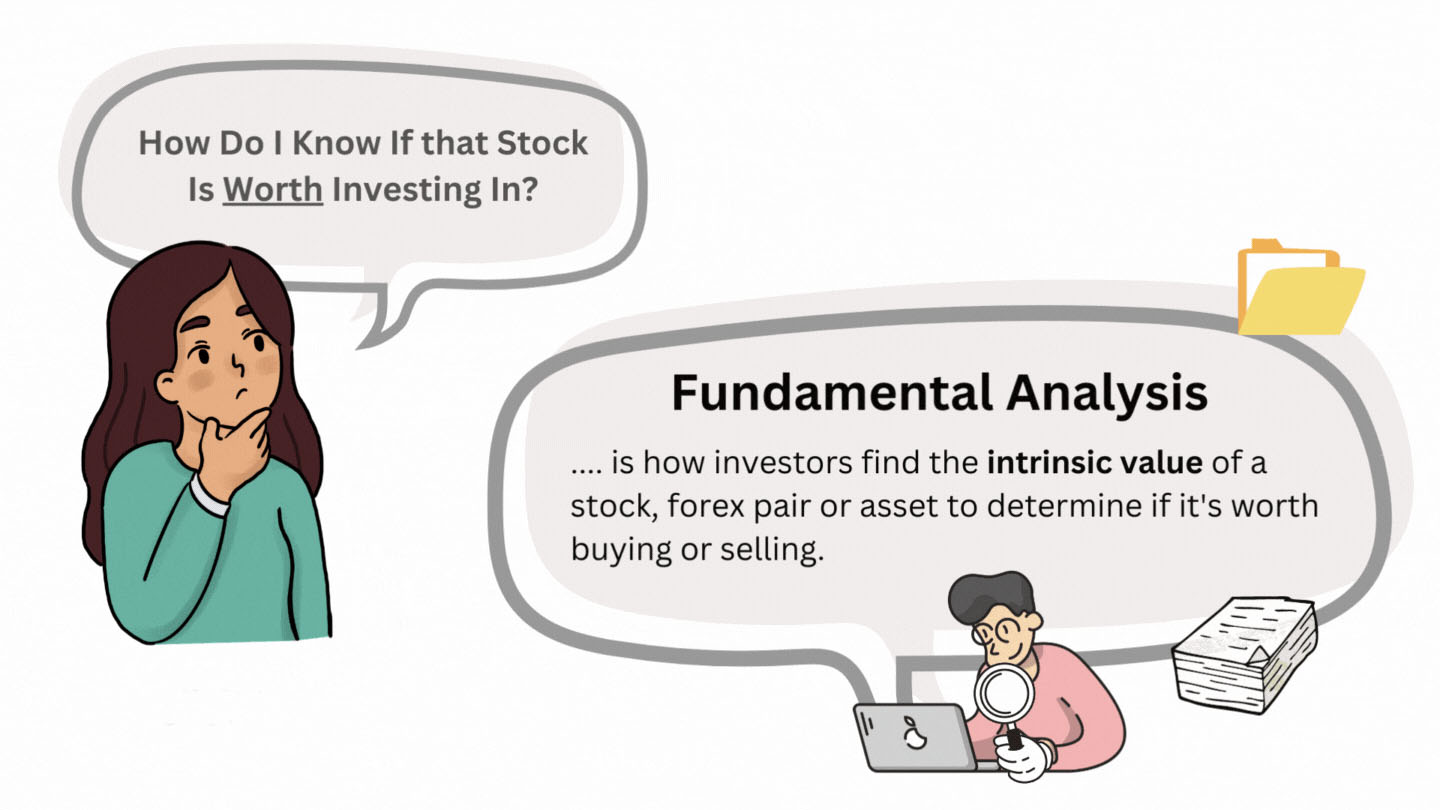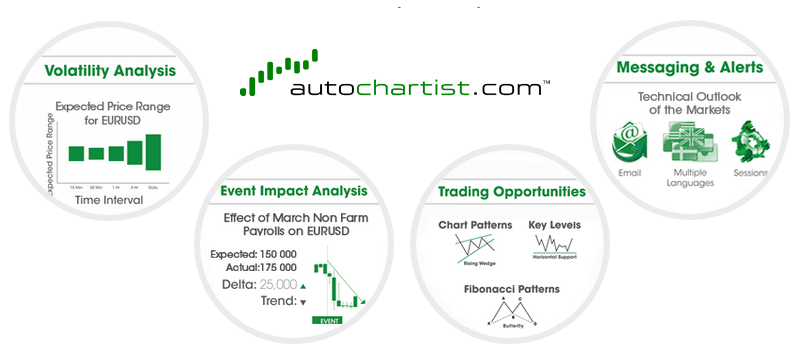
Fundamental Analysis: Everything A Trader Needs to Know
Fundamental analysis describes the core aspects of what makes an asset valuable, usually considering financial and economic factors in markets. It is one of the most thorough and comprehensive research levels that lend investors confidence in their ‘buy’ or ‘sell’ decisions.
A great way to remember fundamental analysis is to relate it to decisions we each make in everyday life.
For example, if you are looking to purchase a car, you may consider multiple factors that describe the car’s quality and ability to meet its designed purpose. One may account for the number of seats, the quality of paintwork, mechanical efficiency, engine power and many, many other factors.
Those are the fundamentals of a car, the things that make the car ‘good’ or ‘bad’ at its intended job.
Then, it would be sensible to compare those fundamentals to other vehicles, historical iterations of the same vehicle, and finally, its price, to see if it’s worth buying or not. That’s the art of fundamental analysis.
The Importance Of Fundamental Analysis In Trading
The importance of fundamental analysis lies within its ability to uncover the intrinsic value of an asset or item. Simply, it informs investors whether something, like a stock or forex pair, is undervalued or overvalued, pathing the way to an educated investment decision.
Fundamental analysis in forex helps investors find strong and weak currencies; in stocks, it helps investors find high-quality businesses with growth potential.
From every aspect, fundamental analysis is one of the best forecasting tools in a trader’s toolbox by a mile.
Types of Fundamental Analysis
Fundamental analysis usually falls into two main categories in the financial markets: top-down or bottom-up. They are both different angles to approach the same system.
Working our way from top to bottom, this fundamental analysis system is split into:
- Global ‘big-picture’ – macroeconomics analysis
- Sectors and industries – microeconomic analysis
- Individual companies – financial analysis
What is a discretionary trading style?
A discretionary trading style is when investors mostly rely on qualitative inputs to find entry, exit and sizing decisions.
Qualitative analysis is the process of using one’s personal judgement to generate conclusions on events in markets that numbers can’t crunch. Examples of these inputs include case study research, one-to-one interviews, observations of events and professional opinions.
Systematic vs discretionary: Which is Better?
It’s difficult to say definitively which type of trading is “better,” as both systematic and discretionary trading have their own unique advantages and disadvantages. Here are some things to consider when deciding which approach might be right for you:
Advantages of Systematic Trading:
- Systematic trading relies on a predetermined set of rules or algorithms to make trades, which can be objective and unbiased.
- Because it is based on a set of rules, systematic trading can be backtested to see how it would have performed in the past.
- Systematic trading can be less time-consuming, as traders do not need to constantly monitor the market and make decisions on their own.
Disadvantages of Systematic Trading:
- Systematic trading can be inflexible and may not be able to adapt to changing market conditions.
- It may be more difficult to implement more complex or nuanced trading strategies using a systematic approach.
Advantages of Discretionary Trading:
- Discretionary traders have the ability to use their own judgment and expertise to make trades, which can allow for greater flexibility in decision-making.
- Discretionary traders may be better able to take advantage of short-term opportunities that arise in the market.
Source:
[1] E.B.BishopF.C.W.A.,F.C.I.S.. “R.O.C.E. as a tool for planning and control”, 1969. Accessed Sept. 26, 2022.
Jeffrey S. Abarbanell and Brian J. Bushee. “Fundamental Analysis, Future Earnings, and Stock Prices”, Vol. 35, No.1 (Spring 1997). Accessed Sept 26, 2022.

